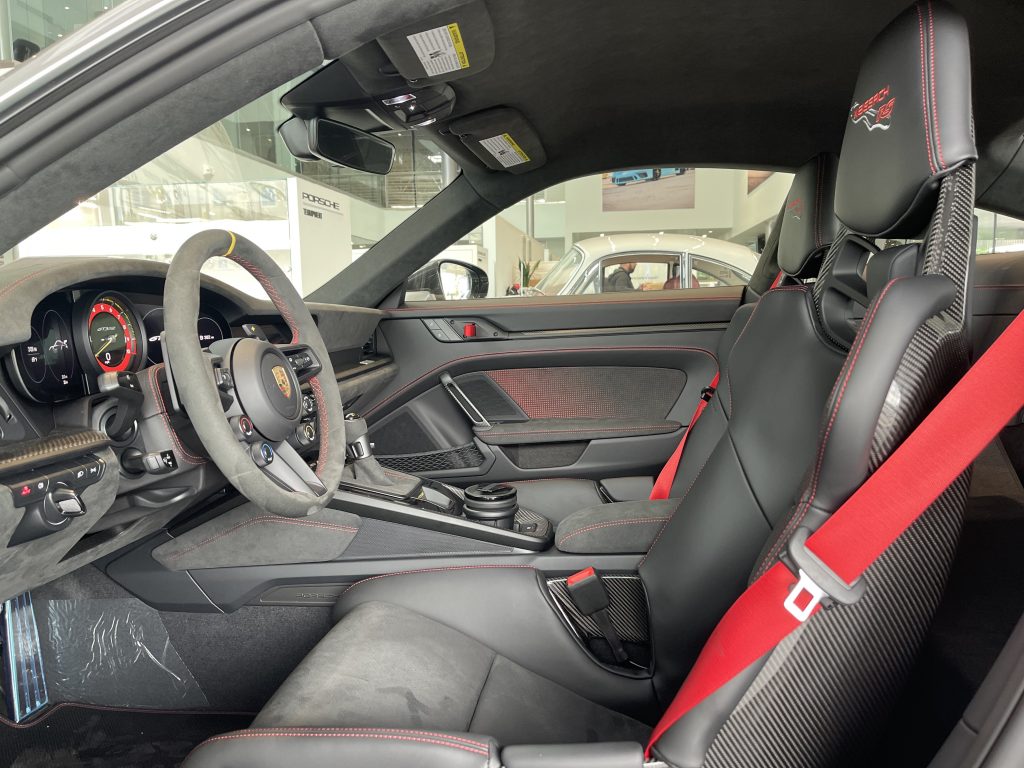
Owning an exotic car is a dream that many enthusiasts cherish. The allure of their sleek designs, impressive performance, and exclusive status makes them highly desirable. However, purchasing an exotic car involves careful consideration and planning. In this blog, we will walk you through the steps and important factors to consider when buying an exotic car, ensuring that your dream turns into a satisfying reality.

- Define Your Budget: Exotic cars come with a hefty price tag, so it’s crucial to establish a realistic budget. Consider not only the purchase price but also the associated costs such as insurance, maintenance, and potential upgrades. Setting a budget helps you narrow down your options and prevents overspending.
- Research the Market: Immerse yourself in the world of exotic cars by conducting thorough research. Explore different brands, models, and their respective features. Consider factors such as performance, reliability, and availability of spare parts. Read reviews, visit online forums, and consult with experts or current owners to gather insights and make informed decisions.
- Choose the Right Exotic Car: Once you’ve familiarized yourself with the market, narrow down your choices based on your preferences, needs, and budget. Consider factors such as the purpose of the car (daily driving or track use), seating capacity, storage space, and technology features. Take multiple test drives to experience the performance and handling firsthand before making a final decision.
- Determine the Source: Decide whether you want to buy a brand-new exotic car or consider pre-owned options. New cars offer the latest features, warranty coverage, and customization options. On the other hand, pre-owned cars often provide a more affordable entry point into the exotic car market. Ensure that you purchase from a reputable source, whether it’s an authorized dealership, certified pre-owned program, or a trusted independent seller.
- Conduct a Thorough Inspection: If you decide to purchase a pre-owned exotic car, always conduct a comprehensive inspection. Engage the services of a knowledgeable mechanic or an independent inspection service specializing in exotic cars. They will help identify any existing or potential issues that could affect the car’s performance or value. Verify the vehicle’s maintenance history and request a vehicle history report to check for accidents or other red flags.
- Financing and Insurance: Explore your financing options, such as leasing or securing an auto loan. Research different lenders to find the best rates and terms that suit your financial situation. Exotic cars typically have higher insurance premiums due to their higher value and specialized repair costs. Obtain insurance quotes from multiple providers and ensure that you choose adequate coverage to protect your investment.
- Negotiate and Finalize the Deal: When negotiating the price, be well-informed about the market value and comparable sales. Consider any additional costs such as taxes, registration fees, and dealer documentation fees. If you’re buying from a private seller, ensure you have a detailed bill of sale and follow the necessary legal procedures for transferring ownership.
- Post-Purchase Considerations: After purchasing your exotic car, take proactive steps to maintain its condition and value. Follow the manufacturer’s maintenance schedule and keep records of all services and repairs. Regularly clean and detail your vehicle, and consider storage options that protect it from environmental factors. Join exotic car communities or clubs to connect with fellow enthusiasts and gain insights on maintenance, upgrades, and events.
Conclusion: Buying an exotic car is an exciting and rewarding experience. By defining your budget, conducting thorough research, choosing the right car, and following the necessary steps, you can transform your dream into reality. Remember to prioritize maintenance, proper insurance, and responsible ownership to fully enjoy your exotic car for years to come.

Leave a Reply